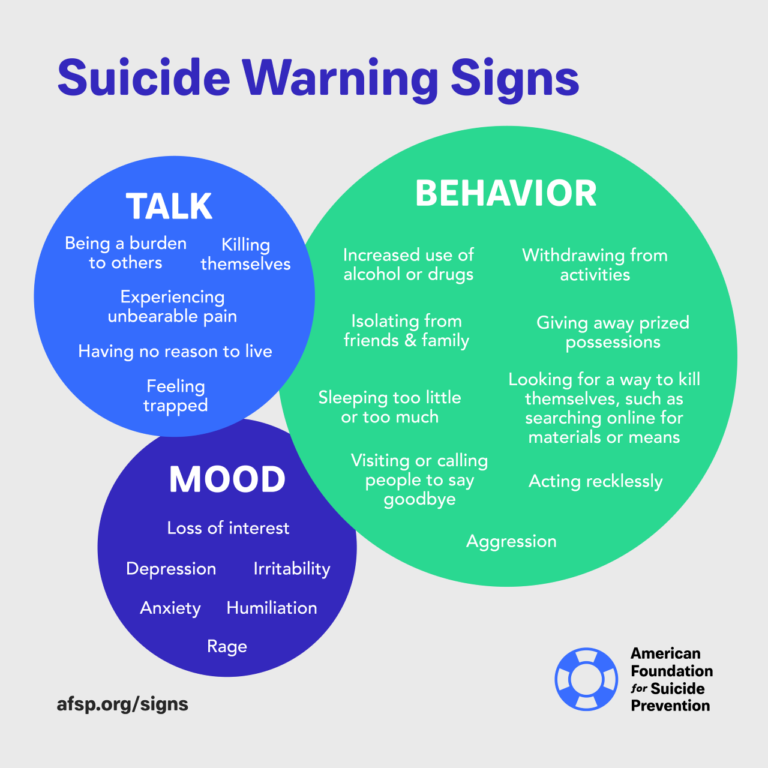September is National Suicide Prevention Month, which highlights the commonly stigmatized topic of mental health. Throughout the month, organizations like the American Foundation for Suicide Prevention (AFSP) host events to raise awareness about suicide prevention.
Cammy Hazim, AFSP regional director for South and Southeast Texas, said many communities in the areas she oversees face the challenge of a lack of mental health providers.
“It’s a big area and unfortunately we know suicide is widespread. It affects everyone and many communities have been affected,” Hazim said. “I’ve talked to families, they’re looking to get help for their children and often, even just to see a therapist, it can be six weeks or several months of waiting to get help. “
AFSP hosts online events aimed at educating participants on how to communicate effectively about sensitive mental health topics. Hazim explained that AFSP has hosted community educational events like free virtual training sessions every Thursday in September.
“We know that suicide is largely preventable. AFSP works very hard to bring community education to the public,” Hazim said. “I explain it to people like it’s a CPR class. You’re going to go in, you’re going to find out what their risk factors are, what those warning signs are and then you’ll know who to call so you can save a life.
Hazim stressed that suicide is a serious issue that deserves to be discussed.
“(We know) from our research that suicide is the second leading cause of death among young people aged 10 to 34,” Hazim said. “I would say if you have kids, you definitely need to talk about mental health and take care of your mind. Your mind is part of your body.
Although mental health is often seen as a sensitive topic of discussion, Hazim mentioned that there are benefits to breaking the stigma surrounding therapy. She emphasized the importance of therapy as a preventative measure and recommended AFSP.org help locate mental health professionals nearby.
“Just like you go to the dentist twice a year as a preventative measure – not because you have a problem, (but) because you won’t have a problem,” Hazim said. “It’s the same thing, mental health is the same as our physical health and just like we have annual checkups and preventative measures for physical health, we shouldn’t be ashamed to do the same for our mental health .”
Hazim said there is a myth that discussing self-harm with struggling individuals puts the idea in their heads. She recommended exactly the opposite idea and suggested discussing mental health issues directly and head-on to check in with loved ones.
“That’s the most important thing: don’t be afraid to ask directly. Don’t be afraid to say, “Hey, are you thinking about suicide? Are you considering suicide?’ “, asked Hazim. “And we really want to be careful not to say that in a judgmental way.”
An upcoming event for those who want to help raise awareness about suicide prevention is the Walk to Stop Suicide on Saturday, September 25 at Burke Crenshaw Park in Pasadena from 10 a.m. to 1 p.m.
Resources
The National Suicide Prevention Lifeline is 1-800-273-8255. For a crisis text line, text TALK to 741741 to text a trained counselor for free.
